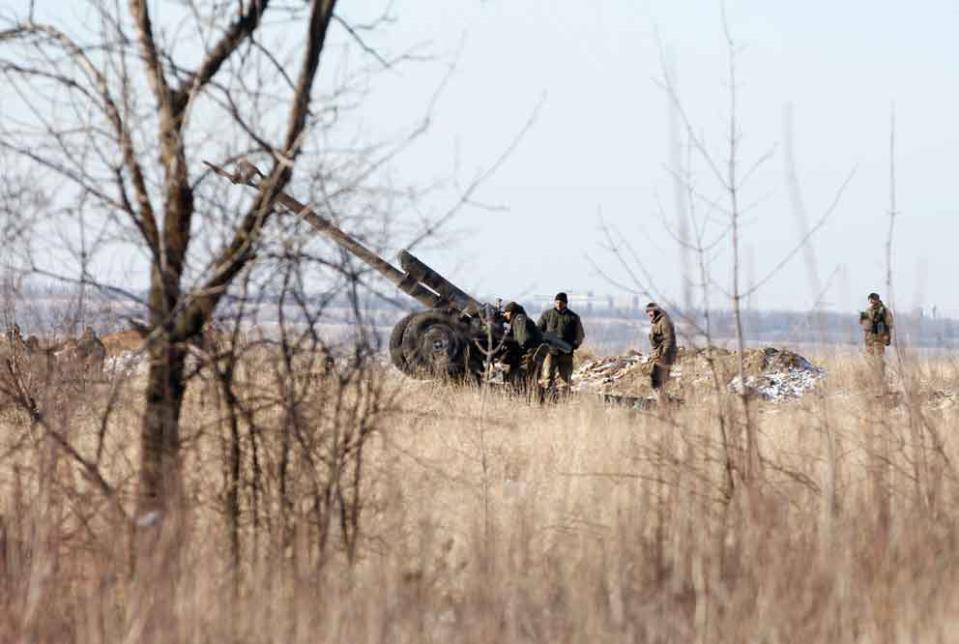Malta is one of five EU member states that did not sign a pact designed to create a fully-fledged European Union army, but the Ministry for Foreign Affairs and the Ministry for Home Affairs have informed The Malta Independent on Sunday that the government will decide on Malta’s participation at a later stage, on the basis of the experience gained during its implementation in a joint statement.
“Malta fully understands and supports other EU Member States’ motivation and interest to use the Permanent Structured Cooperation (PESCO) as provided under the Treaties. At this stage, Malta will follow the developments that will take place under the PESCO within its overarching governance structure,” a government spokesperson told this newspaper.
A total of 23 EU foreign and defence ministers, from countries including Germany, France, and Spain, attended the signing ceremony of the defence pact, which is designed to integrate their armed forces and marks a new era in European military cooperation.
The United Kingdom, Ireland, Denmark and Portugal were the other four countries who did not sign. The pact will become legally binding when it is signed in December.
PESCO is a treaty-based framework designed to expand defence cooperation between EU member states that are capable and willing to do so.
It will enable member states to jointly develop defence capabilities, invest in shared projects and enhance the operational readiness and contribution of their armed forces.
The project will be provided with a €5 billion defence fund, which will be used to purchase weapons, finance operations and fund research and development.

Brexit, along with Russia’s annexation of Ukraine’s Crimea in 2014, appears to have paved the way for the substantial progress.
The United Kingdom continuously resisted the concept of a unified European armed forces, after it was first proposed in the 1950s.
Proponents argue that a unified force will allow the union to play a more decisive and effective force when facing international crises surrounding the European borders, as was the case with the Arab Spring in 2011, particularly within Libya.
EU foreign policy chief Federica Mogherini described it as a ‘historic moment in European defence’, adding that ‘23 member states engaging on both capabilities and operational steps is something big.” The countries who did not sign up can do so later.
Mogherini said countries have already submitted more than 50 joint projects in the fields of defence capabilities and military operations. Britain can take part in some if they are of benefit to the entire EU.
She said PESCO, backed by the EU defence fund, “will enable member states to use the economy of scale of Europe and in this manner to fulfil the gap of output that we have.”

Under the cooperation, member countries will submit an action plan outlining their defence aims. Mogherini, EU military chiefs and the European Defence Agency will then evaluate whether the plans are being respected. Those not living up to their commitments could be obliged to leave the group.
EU officials insist that this is not just bureaucratic cooperation, but real investment that will help develop Europe’s defence industry and spur research and development into military capabilities that the bloc needs most.
Mogherini said the move would complement NATO’s security aims. The EU, she said, has tools to fight hybrid warfare – the use of conventional weapons mixed with things such as propaganda and cyber-attacks – that the military alliance does not have at its disposal.
Under PESCO, EU countries will commit to increase military spending, but not to specifically adhere to NATO’s bottom line of moving towards two per cent of gross domestic product for defence budgets by 2020. By working together on joint projects, nations will be able to use their combined spending power to purchase much-needed capabilities such as air transport and drones.
“The real problem is not how much we spend, it is the fact that we spend in a fragmented manner,” Mogherini said.